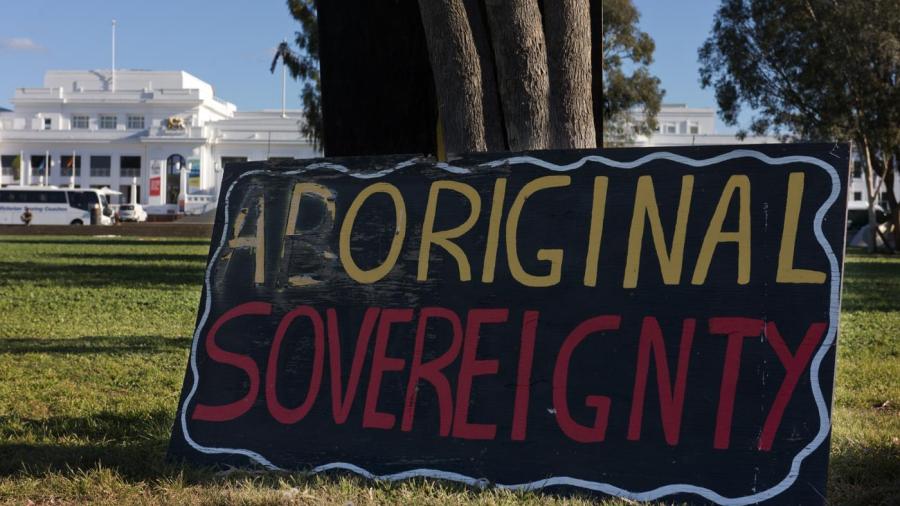What Are the Different Types of Sovereignty?

There are four general types of sovereignty that relate to countries, including real, de facto and de jure, political and popular. Within countries, states may also claim the right of sovereignty.
Sovereignty offers a country the ability to rule and govern without intervention from other countries. Sovereignty refers to the development of rules, policies and procedures within the boundary of the country that affect all people who live under the jurisdiction of the particular country. The four types of sovereignty include:
- De facto/de jure: legal and actual control over a territory
- Real: also called titular sovereignty; outward power is held by one person, such as in a monarchy
- Political: also called legal sovereignty; ruling faction holds judicial power
- Popular: implies that power ultimately resides with the people
Within countries, states may also choose to claim the right of sovereignty. In these cases, multilateral groups such as the United Nations, European Union or African Union are often involved in granting or revoking sovereignty. There are three general types of sovereignty that relate to these situations:
- Empirical: a state’s rule is not superseded by international law; the state is self-governing within its borders
- Juridical: a state with its own rule that is superseded only by international law
- Popular: the state’s power rests in the hands of its people





